Bipolar Treatment At A Drug Rehab Center
Bipolar disorder is a serious mental illness that can disrupt a person’s life and cause a significant amount of emotional pain. The good news is that help is available. An effective way to receive treatment is through a drug rehab center that specializes in bipolar care. When you enter one of these programs, you will be under the care of qualified professionals who have expertise in bipolar treatment.
What is Bipolar Disorder?
Bipolar disorder is a mental health concern that is not always portrayed accurately in the media. While increasing awareness of mental health concerns is positive, it is important to make sure accurate and helpful information is being portrayed as well. According to the National Institute on Mental Health, 2.8 % of American adults lived with bipolar disorder in 2021. There was very little difference in the rates between men and women.
Bipolar is a mood disorder that impacts a person’s energy levels, activity level, and ability to maintain their day-to-day routine. There are three types of bipolar disorder, each having similarities and distinct differences in how symptoms present.
Before we can understand the difference between the three types of bipolar disorder, we need to have an understanding of the characteristic symptoms. This would include a manic episode, a hypomanic episode, and a depressive episode.
When someone is experiencing a manic episode, they may feel optimistic about life and goal-orientated. They may also be quite irritable or reckless. They may have more positive self-esteem, need less sleep, talk more or faster than usual, have racing thoughts, become distracted easily, or engage in risk-taking behaviors.
- Examples of risk-taking behaviors include:
- Driving recklessly.
- Spending large sums of money.
- Significant changes in their sexual activity.
- Experimenting with drugs or alcohol.
- These symptoms are present for at least one week during most of the day.
A hypomanic episode has similarities to a manic episode. However, the symptoms tend to be less severe during this episode. Someone experiencing a hypomanic episode will experience symptoms for at least four days. Their symptoms have little effect on their daily routine, whereas a manic episode would have a clear and strong impact on a person’s day-to-day life. For example, while a person experiencing a hypomanic episode may talk faster than normal or appear more energetic, they likely will not engage in reckless or dangerous behavior.
Someone who is experiencing a depressive episode will have at least five symptoms during the same two-week period. Someone may feel depressed or down most of the day, have little interest in previously enjoyed activities, have unintended weight loss, changes in their sleep routine, have a loss of energy, have psychomotor agitation, feel worthless, or have recurrent thoughts of death or suicide.
For someone to be diagnosed with Bipolar I Disorder, they need to have a history of at least one manic episode and one depressive episode. Those with Bipolar II Disorder have a history of at least one hypomanic episode, one depressive episode, and no previous manic episodes. Someone who experiences some hypomanic and depressive episode symptoms for two years without meeting the full criteria for both would be living with Cyclothymic Disorder.
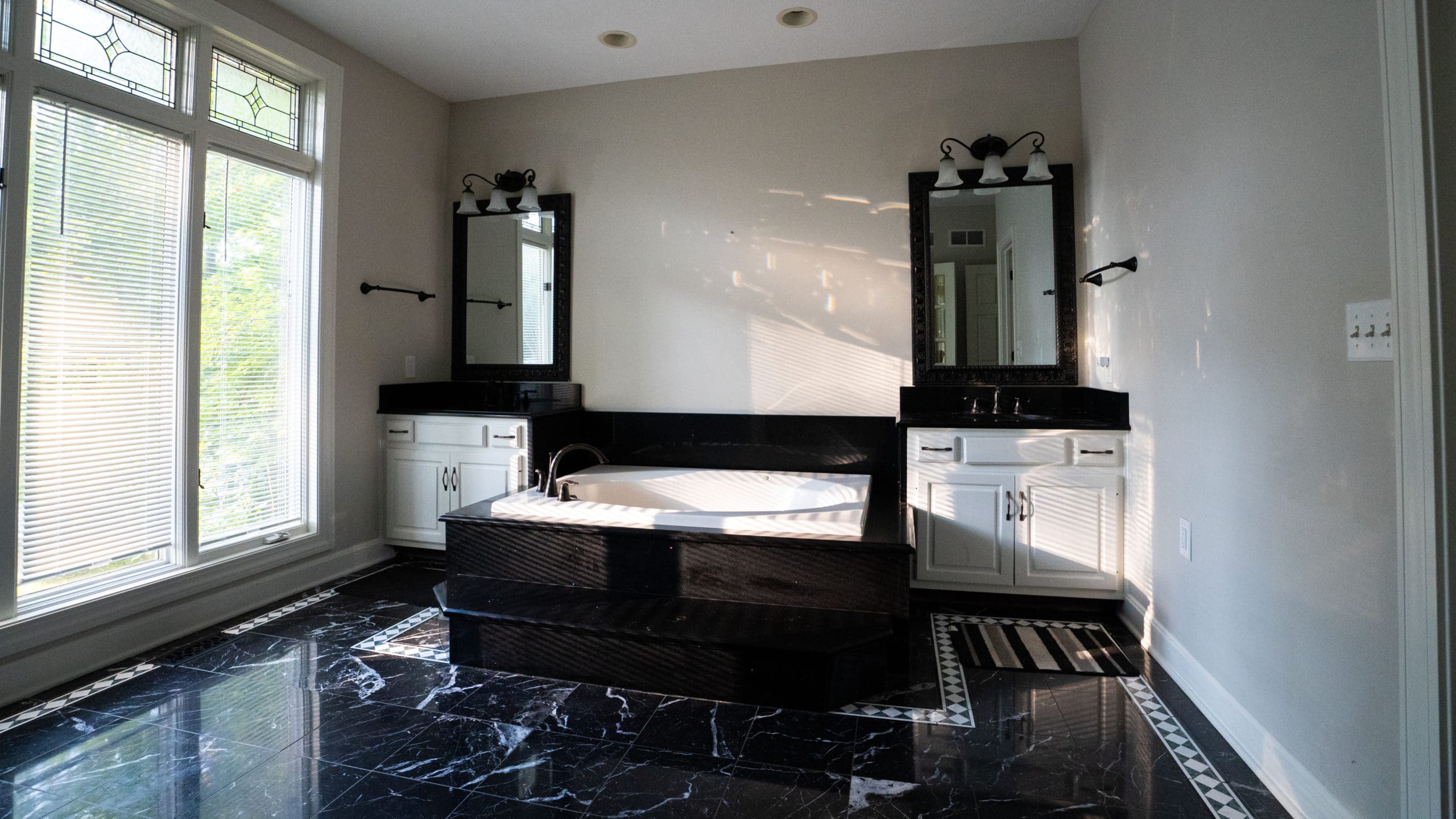
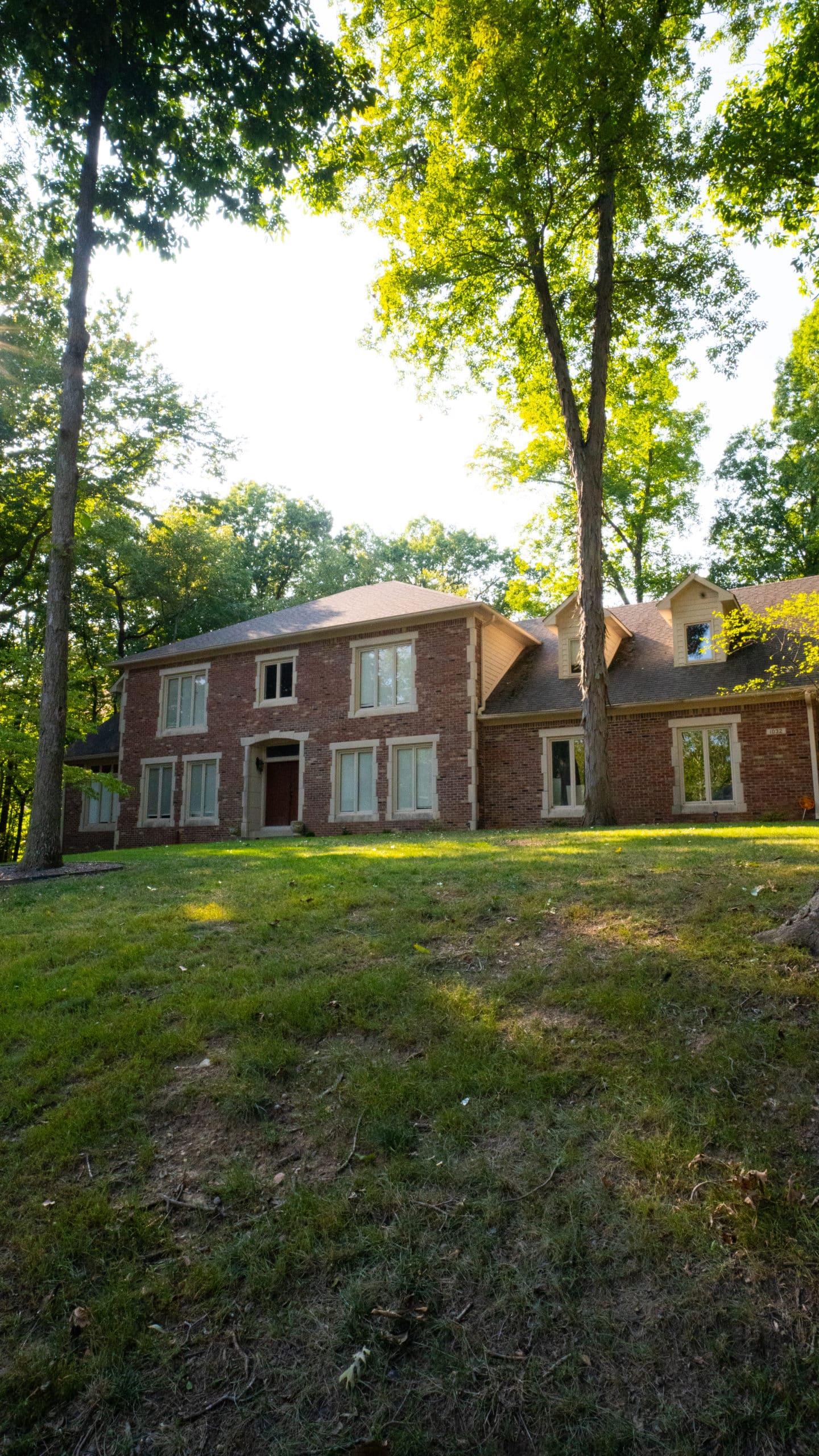
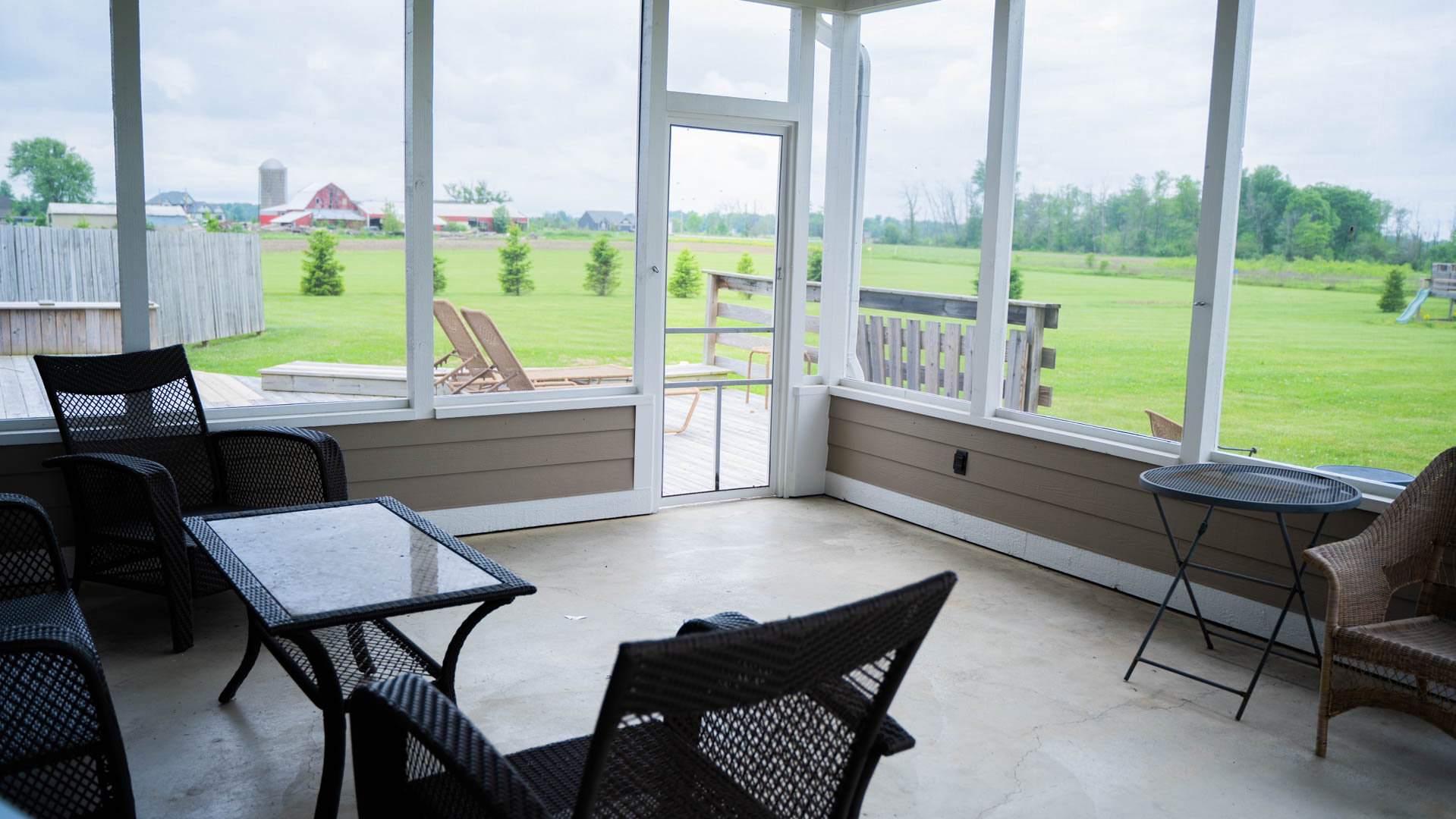
When to Get Help for Bipolar
Teasing out the symptoms of Bipolar disorder to determine if it’s a manic or hypomanic episode can be confusing, so if something clicked for you when reading the information above, you should speak with your physician or mental health professional.
There are several symptoms of bipolar disorder that need to be treated by a mental health professional. Someone who is in a manic episode should be evaluated as soon as possible. While they may be in a great mood and feeling productive, their symptoms need to be treated by a physician. It may be possible to do this on an outpatient basis; however, depending on the severity of the symptoms, the individual may need to be hospitalized until they are stable on medications.
Individuals who are in a hypomanic episode do not typically need to be hospitalized for their symptoms. Their doctor should still evaluate them, however. It may be necessary to tweak their current medication regimen depending on the severity of the symptoms and their impact on the person’s daily life.
When we think about depressive episodes, it is important to be mindful of any recurrent thoughts of death, suicide, and suicide planning. While passing thoughts of death is a normal part of life, having these thoughts pop up frequently, or progress into suicidal ideation can be concerning. If you find yourself contemplating suicide, or planning an attempt, this would be the time to reach out for help. You are not alone, and there are professionals who are willing to stand by you during this time.
Our Modern Facility Has Everything You Need.
Evolve Indy is centrally located in Indianapolis, Indiana. Our residential compound was designed to help offer quality, evidence-based programming alongside modern amenities. Evolve Indy is a one-stop-shop for lasting addiction recovery.
OUR WORLD-CLASS AMENITIES INCLUDE:
Adventure Program
Semi-Private Rooms
Flat Screen TVs in Every Room
Client Lounge & Library
Catered Nutritious Meals
Wellness Activities
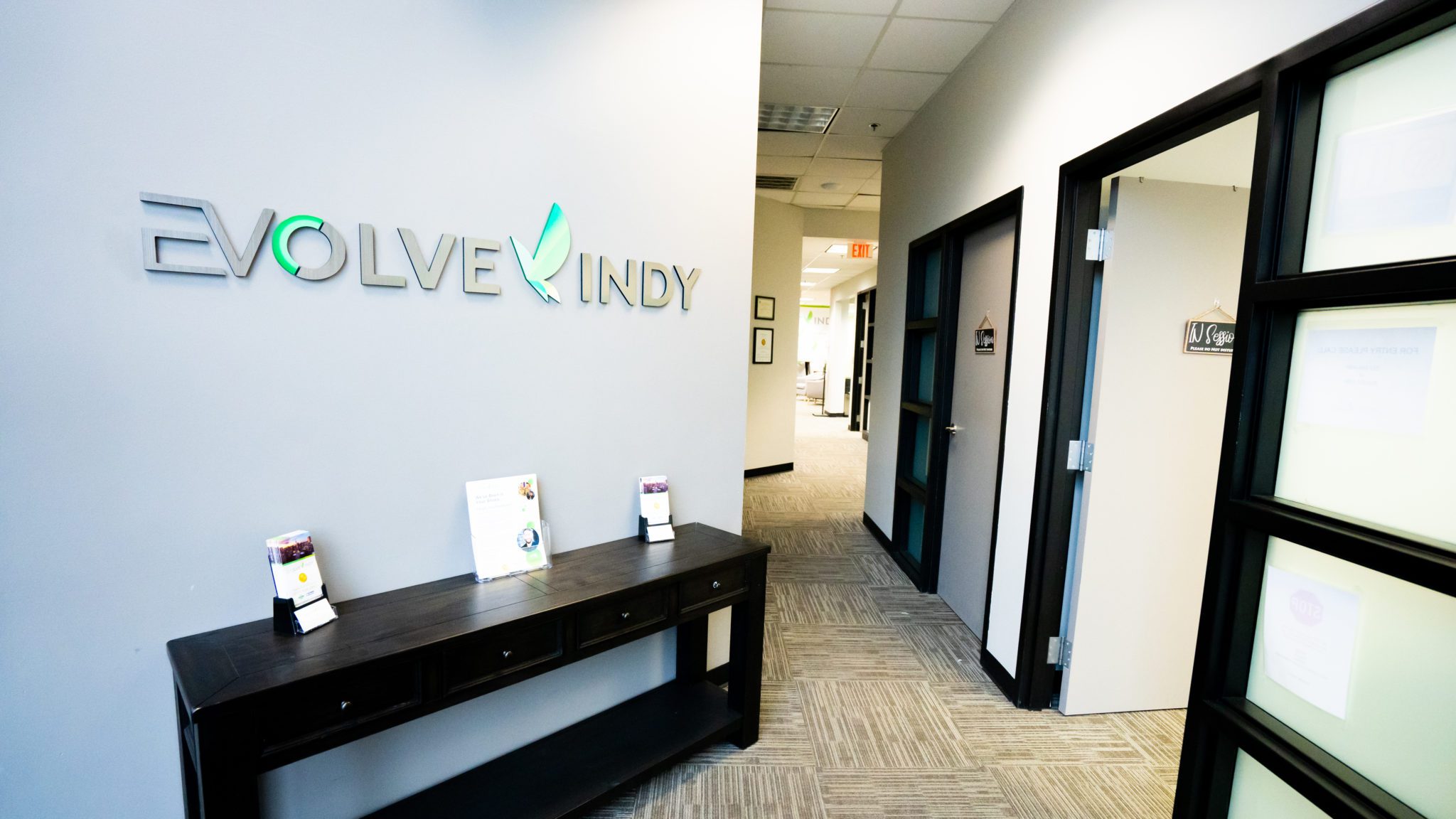
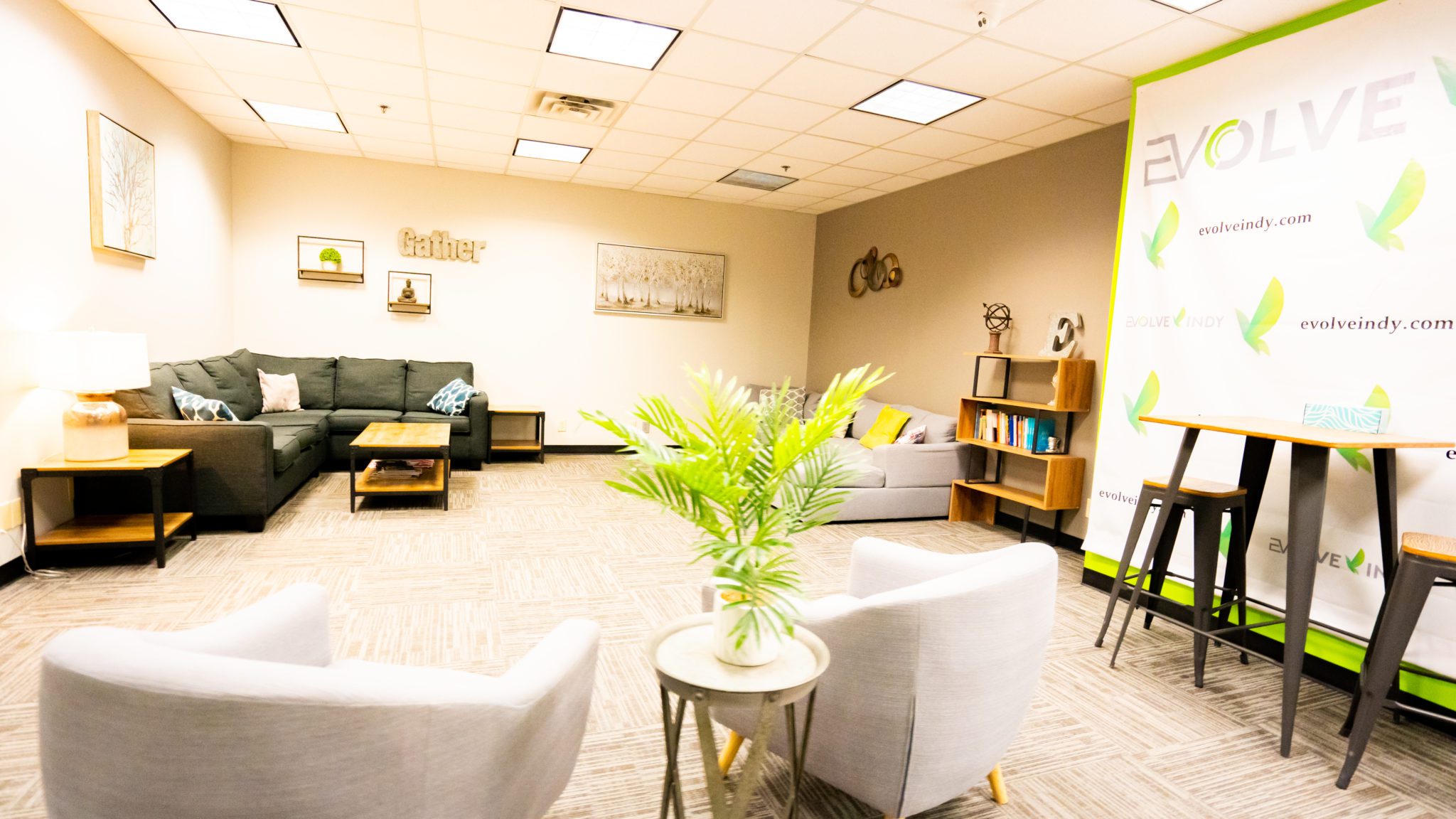
Discover Our Carefully Curated Environment
The environment of a rehabilitation facility matters. The positive and negative impacts of the surroundings in a recovery center can make or break the outcome of recovery. Designing a drug rehab facility near East St. Louis requires a thoughtful approach that prioritizes the needs of patients and staff.
Evolve Indy has taken many measures to provide an environment that caters to our staff and clientele. This results in a high success rate for long-term recovery. Here are some of the quality accommodations we provide at Evolve Indy.
- We have designed our rehabilitation center to promote healing and recovery within a calming environment.
- Thoughtful spaces that accommodate various therapeutic activities and support group sessions.
- A layout that encourages movement and social interaction while maintaining privacy and safety.
- Accessible and comfortable living spaces that feel like home and provide a safe place during a difficult time.
- Thoughtful selection of materials, colors, and textures that are durable, low-maintenance, and promote a positive atmosphere.
- Integration of natural elements such as plants and natural light for a restorative effect.
- Incorporation of state-of-the-art technology to support treatment and monitoring.
- Compliance with all applicable regulations and standards to ensure patient safety and well-being.
- A culture purposely curated for understanding and caring support. Staff members who are in recovery, or love someone in recovery have been thoughtfully chosen to join our team for increased support and proof that recovery is possible.
Drug Addiction Treatment Center in Indiana
Individualized & Customized Addiction Treatment Programs
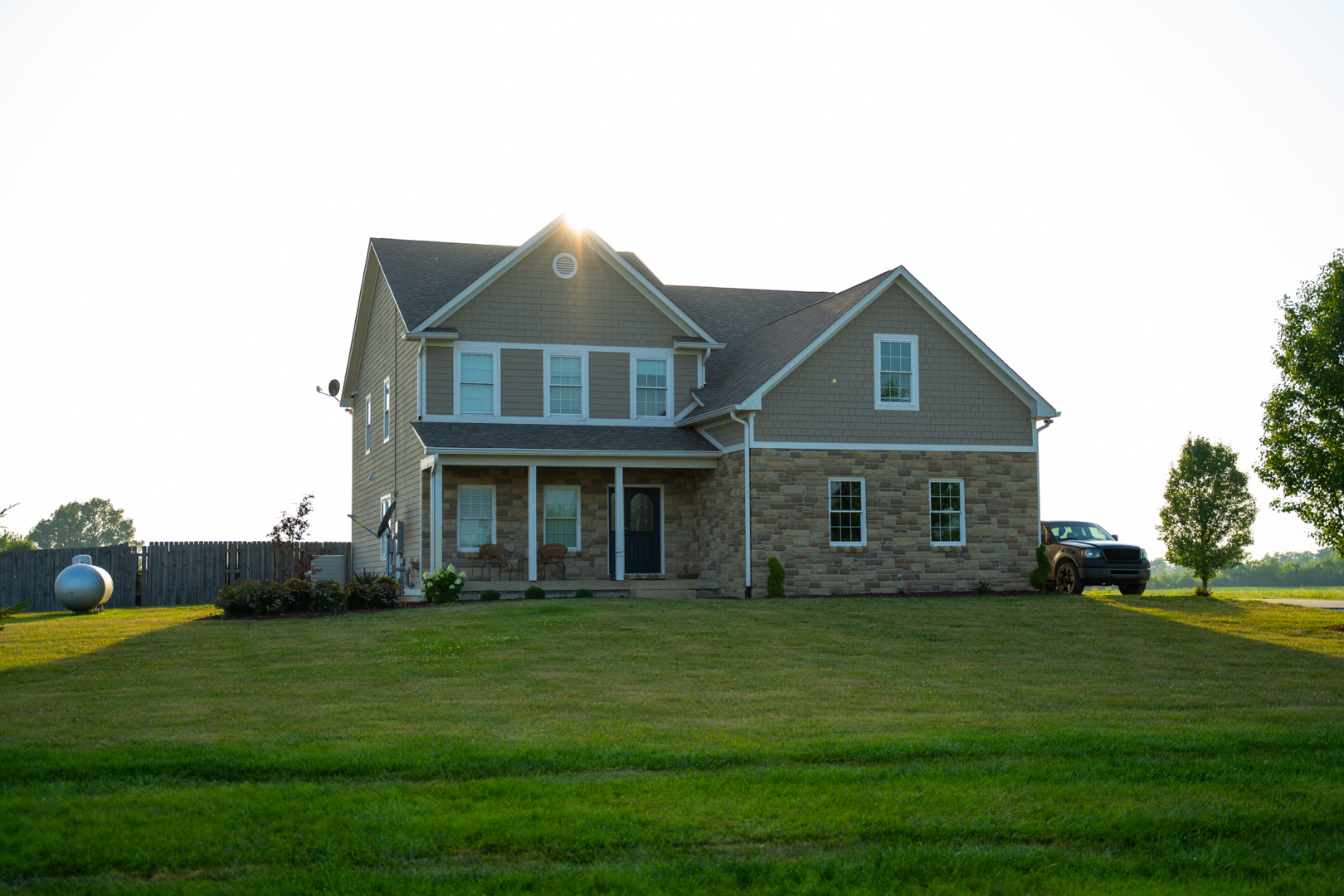
Partial Hospitalization
This model of care is comprehensive, enabling individuals to take back control of their lives and overcome addiction through a variety of evidence-based treatments.
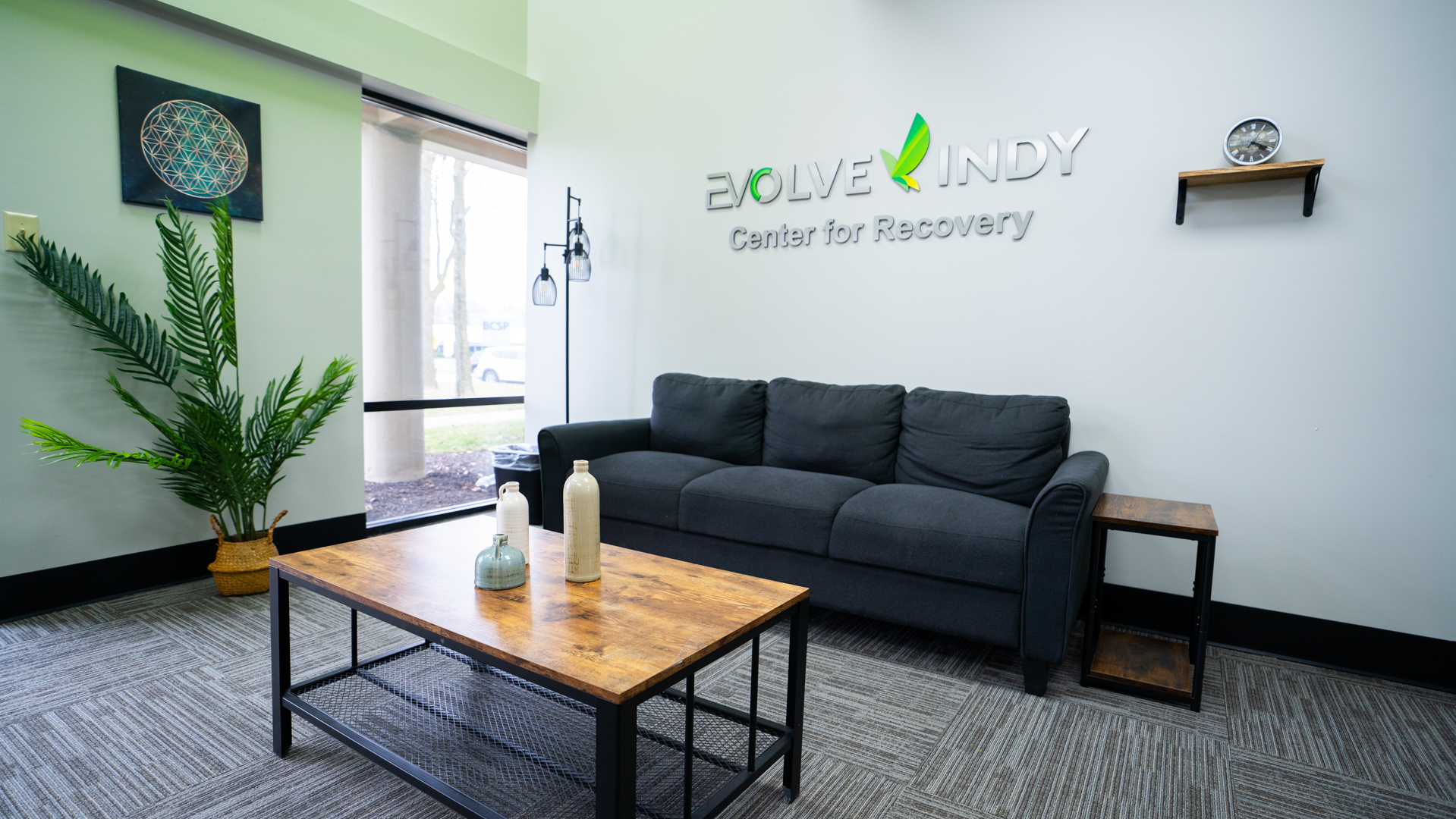
Intensive Outpatient
Our intensive outpatient program aids individuals struggling with drug and alcohol addiction in discovering a lasting journey to recovery, facilitated by ongoing, extended treatment.
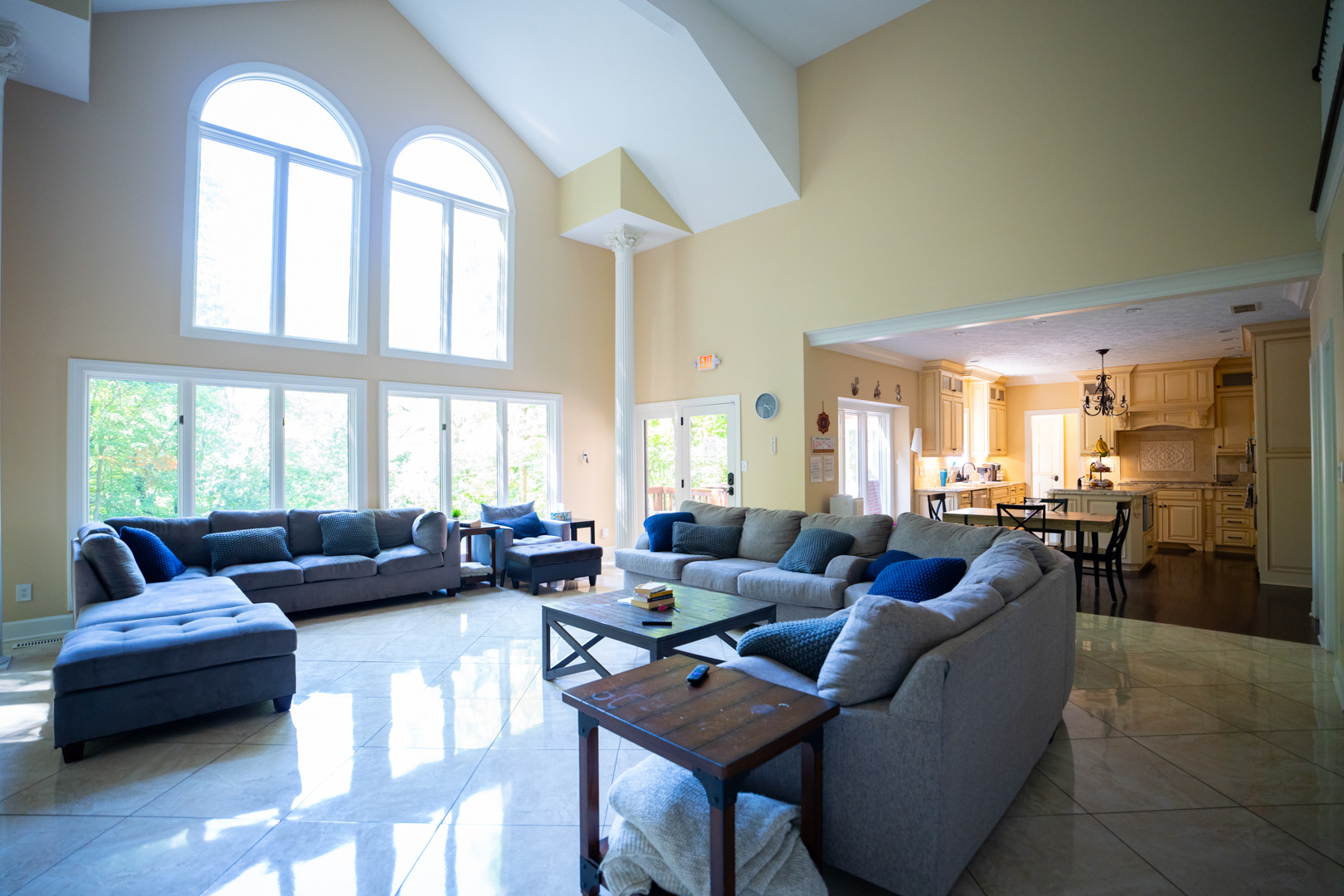
Outpatient Program
The outpatient program at Evolve Indy serves as a reduced intensity level of care, integrating the essential elements of our primary program with a more flexible approach.
Our Reviews
If you are in need of treatment and are seeking a way out of addiction, you should stop reading and call Evolve Indy. They will provide you with all the necessary tools to get you ready to become the best version of yourself all while staying in comfortable accommodations. The staff is top notch and the therapists are wonderful. Everyone will go out of their way to make sure you feel supported.
Evolve Indy is a true blessing.
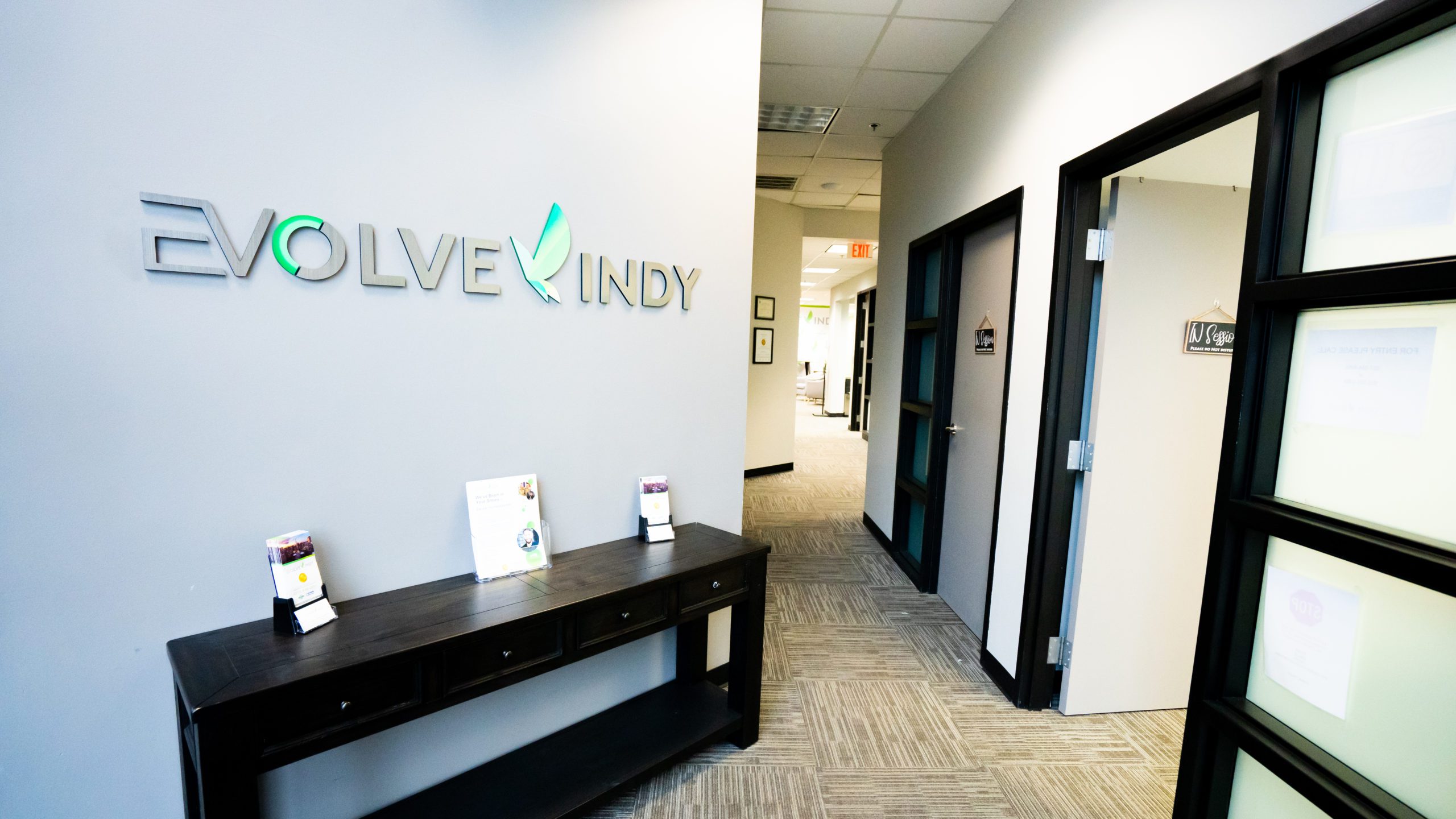
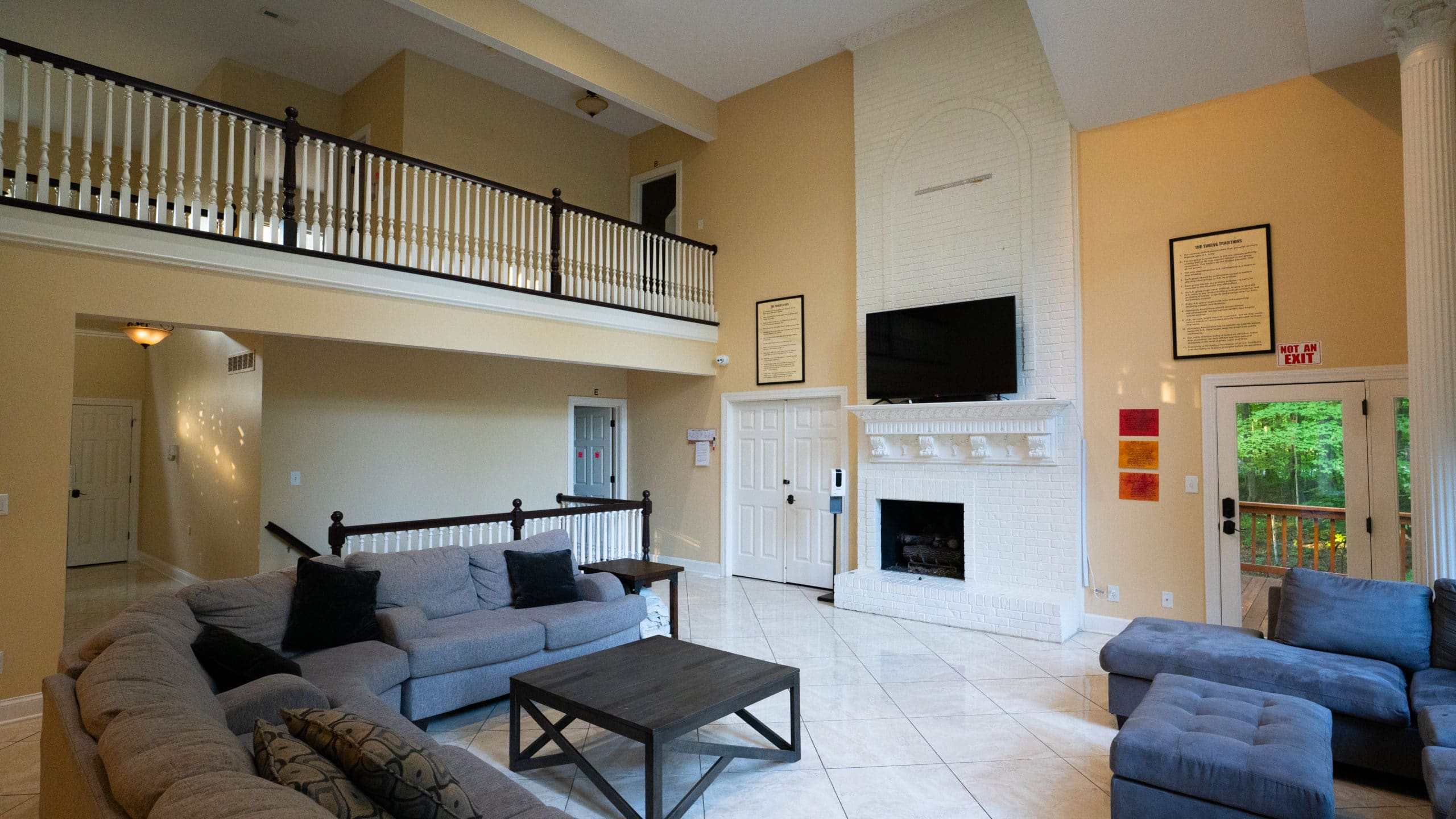
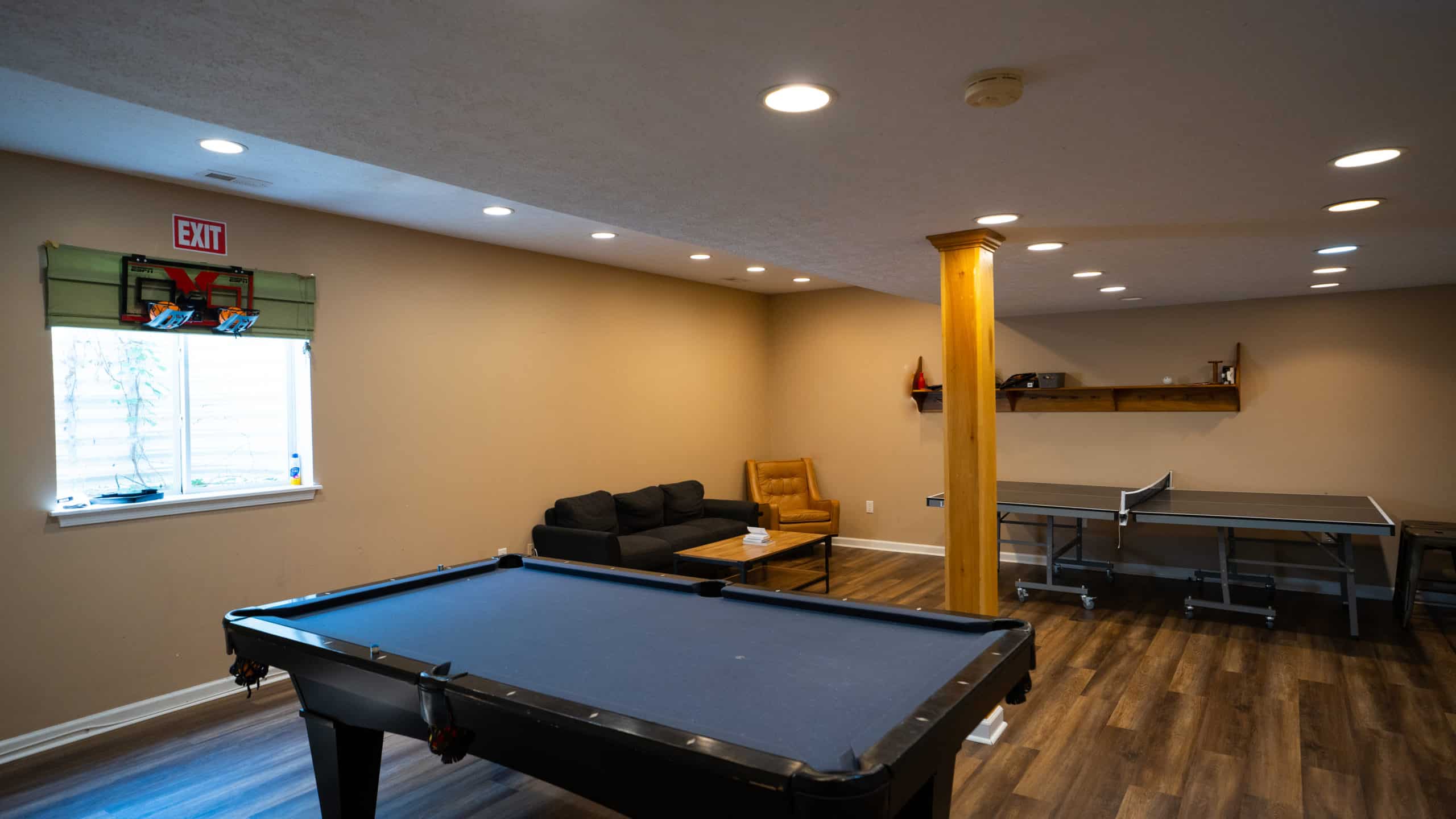
What to Expect in Treatment for Bipolar Disorder in Indiana
Bipolar treatment centers in Indiana will typically include a combination of medication and mental health counseling. Medications are used to help manage bipolar symptoms that a person may experience. It may take a couple of tries to find the correct medication and dosage because everyone’s bodies are different. Medications that are commonly used are mood stabilizers and what are known as atypical antipsychotic medications. Antidepressants are also used to help manage depressive symptoms. Taking these medications as prescribed is vital for them to remain effective. If someone were to stop taking their medications without the supervision of their doctor, it is possible their symptoms will worsen until treated.
Psychotherapy has a few purposes when it comes to bipolar treatment. The first would be to provide education about bipolar and what living with bipolar can look like. Bipolar is a lifelong disorder that may be overwhelming to accept when a person receives a diagnosis. The counselor will support you while you navigate your new diagnosis, and provide you with “talk therapy” for any concerns you may have. Someone living with bipolar disorder can live a long, happy, and fulfilling life, if they take they take the steps necessary to manage their symptoms.
If a person began experimenting with hard drugs or alcohol during a manic episode, they might have developed a dependence or addiction to those substances. In those cases, comprehensive outpatient addiction treatment programs may be needed.
Insurance Can Help Pay for Treatment
Evolve Indy works with most major insurance providers to ensure the lowest out-of-pocket
costs when you enter treatment at our facility.
Fill out the form to get a free consultation.
One of our caring treatment advisors will
contact you as soon as possible.
Get Bipolar Treatment At Our Addiction Treatment Center
Evolve Indy is an Indiana drug and alcohol treatment provider. We provide several drug and alcohol treatment programs, including a Partial Hospitalization Program (PHP), an Intensive Outpatient Program (IOP), Outpatient Treatment, and a Family Treatment Program.
We are also able to offer a sober living option for individuals who are currently engaged in one of our treatment programs. For those who choose to take advantage of this option, transportation to and from our treatment centers would be provided by Evolve Indy. Having a safe, supportive, and sober home environment can have a significant impact on your recovery. All of the individuals who are living in our sober homes are currently attending treatment at Evolve Indy.
With our Partial Hospitalization Program, you will participate in 30 hours of group therapy and 1 hour of individual therapy each week. This is not an inpatient program which means that you can return home when you are not in programming. Our PHP will work with you to recognize unhealthy thoughts you have, learn to regulate your emotions, and learn new coping skills that work for you.
With our Intensive Outpatient Program, you will participate in at least 15 hours of group therapy and 1 hour of individual therapy each week. Our IOP program will help you improve your social skills, focus on relapse prevention skills, and discuss common challenges in early recovery. We will work with you to develop a schedule that is respectful of your time and availability.
Outpatient treatment at Evolve Indy provides traditional and alternative therapies to ensure you are receiving the care you need. You will attend three groups and one individual session each week with this program. We will focus on relapse prevention, addiction triggers, and coping skills. Outpatient therapy allows you to maintain your work, school, and family responsibilities while providing addiction treatment.
We believe that every individual has their own needs in recovery, so we will work with you to find what yours are. You would be able to transition among our different treatment programs seamlessly to continue in treatment in the beginning stages of your recovery. Most individuals who come to Evolve Indy have recently completed an inpatient program and are looking for continued treatment when they return home.
We recognize that mental health treatment may be needed for some individuals during their recovery. We are able to provide mental health treatment for various concerns, including bipolar disorder. You would be able to meet with our medical professionals if you need a provider for mental health medications.
If you find yourself having questions about our addiction treatment services, please call us at (855)495-1063, and a representative can answer your questions. Our experienced staff and exceptional programming will help you move forward in your recovery journey.
